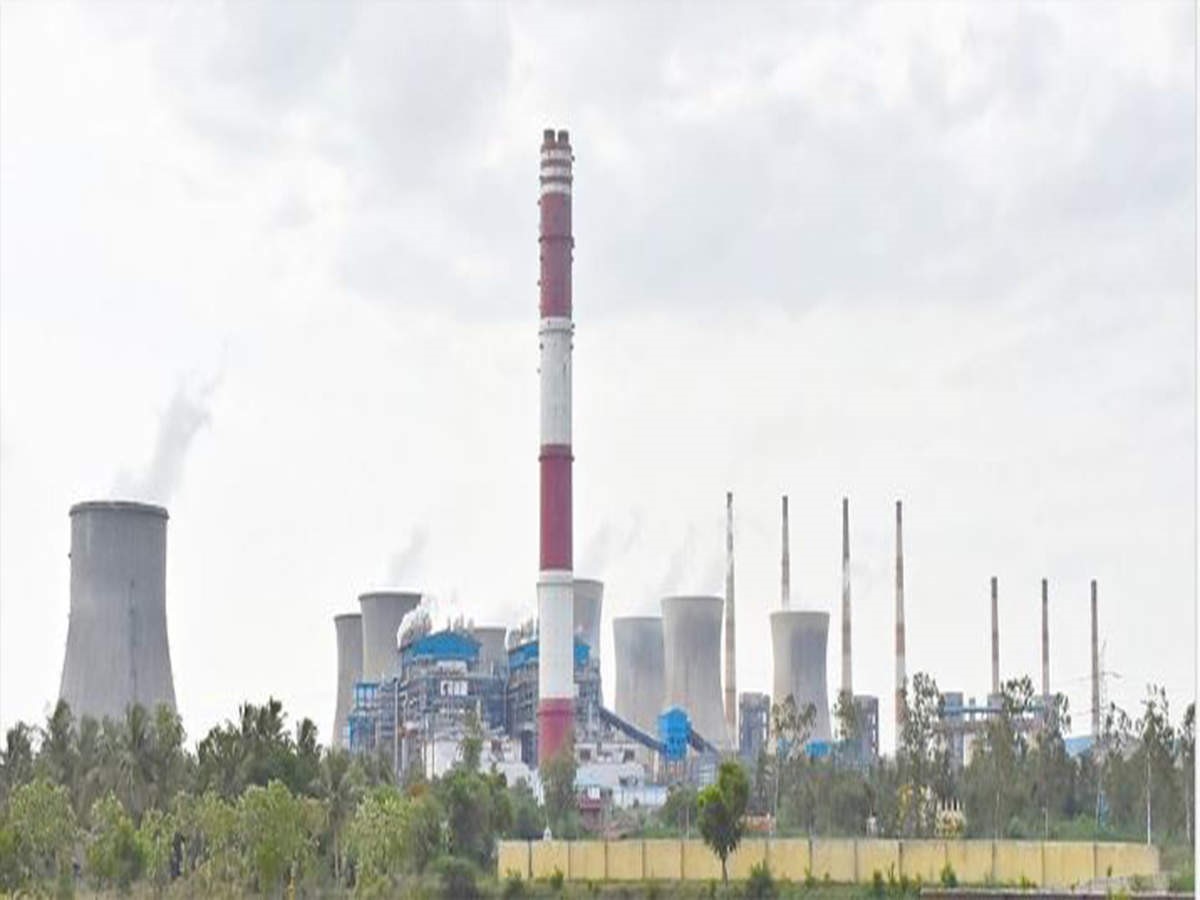

Fortum eNext low-NOx solutions, a part of Finland’s clean energy firm Fortum, has accomplished its earliest commercial combustion modification project in Madhya Pradesh, India at Hindalco Mahan Aluminium.

Fortum said in a statement: “The project was aimed at reducing nitrogen oxides (NOx) emissions on one of the 150-MW boilers located in the state of Madhya Pradesh.”
According to the statement: “The NOx emissions of a coal-fired boiler are for the first time cut down to such an extent that NOx levels reached well below 300 mg/Nm3 in all loads and mill combinations.”

In June’19, the project initiated, while the boiler was commissioned in March’20 and has been in operation since then, but due to COVID-19 pandemic, the comprehensive Performance Guarantee Tests were concluded in October’20.
The statement also added: “Fortum has advanced technology for bringing about NOx reduction up to the statutory limits by using only primary combustion modification on the boiler with minimal capital expenses and no operating expenses.”
Sanjay Aggarwal, Managing Director, Fortum India, stated: "India's existing coal-fired plants will need to go through technological up-gradation to meet the stringent emission norms. Even the 15-20 years old power plants have the potential to improve their energy efficiency and reduce their air emissions significantly, like in case of NOx emissions, by adopting the best available technologies.”

“With the Hindalco-Mahan project, the company has been able to demonstrate that it is not only possible to meet the existing NOx emission norms in India, but also overtake them with some margins”, he added.
“Fortum is one of the only companies that can help reduce NOx levels below the 300 mg/Nm3 applying only primary methods.”
The project fulfilled the guaranteed values of 290 mg/Nm3 of NOx in all mill combinations and load conditions by using local Indian coal with the lowest NOx values remaining well below 200 mg/Nm3.
Fortum eNext supports utilities and energy-intensive industries to enhance their operations and reduce emissions.
Responses








